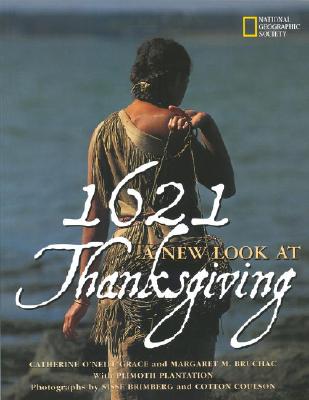Sunday, November 20, 2011
Thanksgiving? Or a Day of Mourning?
Note: I will be borrowing liberally from the post of a good friend. All quotes are hers, and her original, brilliant post can be found here.
After talking with a good friend, I recently decided to change up my holidays a bit. I've been attempting to follow the wheel of the year this year, adding feasts that are mostly found in some kind of ancient tradition (even if not every tradition celebrated every feast). I love the idea of finding reasons to celebrate throughout the year that have meaningful things to celebrate: fertility, harvest, departed ancestors, rebirth, etc. There is so much to remember, so much to integrate into my cycle of living. Time becomes more of a spiral, and less of a long, straight line with the scary unknown at the end.
One of the changes I've considered is quite recent: after talking to Tree, we have decided that celebrating Mabon and Thanksgiving is somewhat redundant. Also, Thanksgiving is a celebration that commonly portrays a fictional account of our history.
"Turns out, actually, that the original Thanksgiving feast with the Pilgrims and the Wampanoag nation was not in November of 1621. More accurately, that communal celebration was held around August or September–the traditional time of harvest for northern latitudes. In that case, if Americans want to honor that celebration, it would be more appropriate for them to celebrate the harvest at the traditional harvest celebration known as Mabon."
"Hey," you say to me, "there's nothing wrong with being grateful. It's a good time to get together with friends and family and stuff our faces with delicious things." Oh, I agree--there's a time and a place for that. Though I think it's disrespectful to God/dess to waste the food we've been given by purposely overeating. But I'm sure the Native Americans we so often think of as the friendly equals of our ancestors would have loved to spend that November with their own friends and family. Just surviving, even.
"Within 17 years of the harvest feast between the settlers of the Mayflower and the Wampanoag tribe, relations deteriorated to such an extent that the Wampanoag lost their political independence and much of their homeland. By 1676, their chief had been killed and his son and many other Natives were sold into slavery. Today, the Thanksgiving holiday is a reminder of bloodshed and betrayal, which is why each year they gather around the statue of their fallen chief and hold a vigil in the memory of their ancestor’s struggles and the loss of their land."
I wish that I could join that vigil, but I am not located anywhere near that tribe. So instead, our home will be observing Genocide Awareness Day instead of Thanksgiving. We will probably eat a simple meal based around fish (something the Wampanoag tribe ate a lot of), and donate the money we would have spent on a turkey and all the fixings to a charity (which I have yet to choose) that supports people affected by the ravages of imperialistic aggression. We are grateful, and we have been given much. I believe that an appropriate celebration includes feeding the hungry, and alleviating suffering.
Some more ideas:
"1. Place a candle in your window sill in remembrance.
2. After your Thanksgiving meal, take a walk through your neighborhood with family and friends while carrying lit candles.
3. Instead of a large feast, prepare a simple meal to share with family and friends and donate the remainder of what you would have spent to a any number of organizations that are working on human rights issues.
4. Each year, choose an organization or effort to which you can donate or volunteer around the Thanksgiving holiday. Invite children, family and friends to join with you in these efforts.
5. Organize a vigil in your community or neighborhood during the week of Thanksgiving.
6. Blog, tweet and facebook about the true story of Thanksgiving and what you do to remember societal injustice.
7. Instead of Black Friday deals at major retailers, shop local and free trade to ensure that your purchases are not produced by exploitation of laborers, or check out the WAVE Holiday Shopping Guide for online shopping options."
This year, I'll be taking a candlelit walk around the neighborhood, perhaps with some pamphlets or cards to hand out to people with information on charities they can donate to. It's my way of showing gratitude in the most authentic way I can think of. How will you show your gratitude this year?
Subscribe to:
Post Comments (Atom)

No comments:
Post a Comment